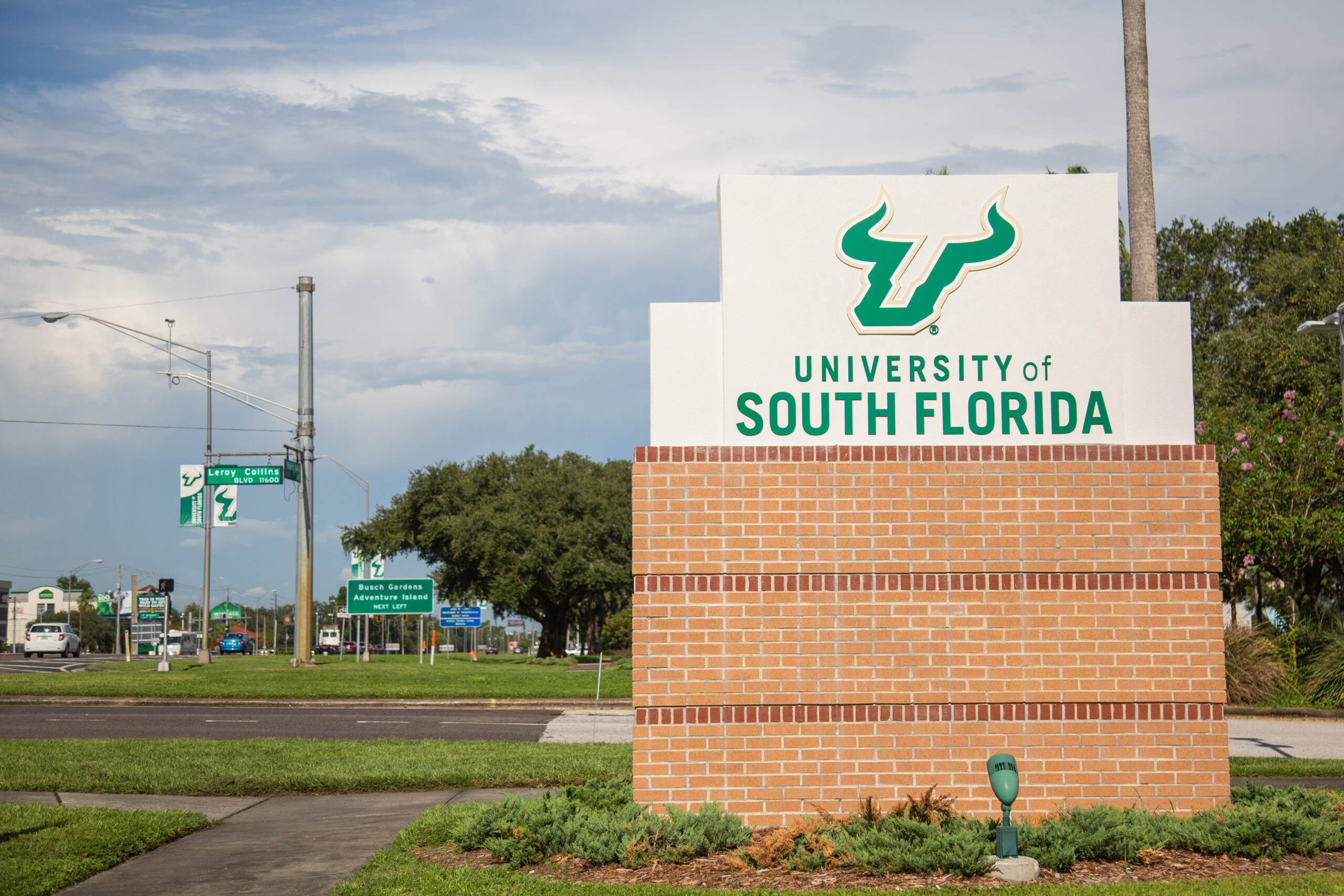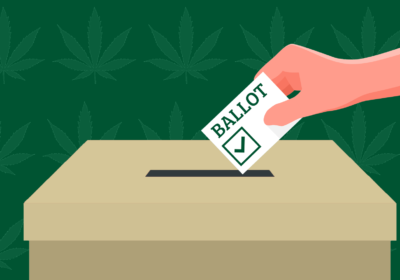Senate bill raises faculty concerns on transparency of presidential search

As USF prepares to review presidential applicant profiles to replace Interim President Rhea Law, concerns have been raised among faculty over the impact the passage of Senate Bill (SB) 520 would have upon transparency.
Approved by the Florida Senate on Feb. 10, SB 520 — formally titled the Public Records and Public Meetings bill — would serve to withhold public records for applicants seeking higher educational presidential positions.
If ratified by the Florida Legislature, the bill would require that comprehensive applicant profiles are disclosed to the public for a 21-day period only after the finalists have been selected for interviews, or provided a job offer.
In contextualizing the impact SB 520 would have if passed, its intention to privatize the university presidential search process provides both benefits to the candidates and costs to transparency, according to USF Faculty Senate President Timothy Boaz.
“The whole reason for this legislation being proposed is that people are often reluctant to ‘throw their hat in the ring’ … if they have concerns about the impact that it will have on their current employment situation,” he said.
“On the other hand, people want to know who is applying and how the process is going in terms of identifying who the final candidates for the position will be in time to be able to have an impact on the process. I get that part, and I think plenty of faculty share that [viewpoint].”
USF’s presidential search will be supervised by a 15-member committee headed by Vice Chair of the Board of Trustees Mike Griffin.
During this process, the members of the committee have previously had the ability to prepare position descriptions, interview candidates directly and receive public input on desired qualifications.
Under SB 520, the process of considering and interviewing prospective presidential applicants would be assigned to the search firm hired by the university, closing previous lines of communication about candidates between the search committee and the public.
The bill’s intention to privatize the presidential search poses a direct threat to Florida’s Sunshine State law, which acts to provide the public open access to local and state governmental proceedings, according to Faculty Senate member William Lang.
“We have very transparent state government law in Florida because of the Sunshine State law, and it seems to work very well,” he said.
“In a state like Florida, where public institutions are paid for by public dollars, the people should have an open process to see what they are getting.”
Ensuring public involvement within the process would prevent conflict between the public and university over applicants’ qualifications, according to Lang.
USF faculty, students and prospective presidential candidates should have the ability to voice their opinions openly to facilitate trust and respect, he said.
“It’s not a one-way street where we ask candidates questions and they tell us what their skills and values are. This is a situation where candidates come to learn whether they really want to come to USF.”
Having experience in participating in presidential search committees during her career, Faculty Senate member Deanna Michael offered a different perspective upon the legitimacy of closing the process to the public.
While she sympathizes with concerns about the bill potentially infringing upon transparency, Michael said SB 520 could offer committees the ability to consider more qualified candidates during the presidential search process.
“I want things to be transparent all the way through, but I know that doesn’t work with a presidential search,” she said.
“You have to understand that USF is a $2 billion-plus mission … and it’s not just anybody [who] can take the reins of an organization this huge.”
Rather than disclosing the names of prospective applicants, SB 520 stipulates that the public can only access information on applicants’ ages, races and genders prior to the final interviewing process.
Citing the access to government proceedings that has been provided to the public under the Florida Sunshine law, Lang also raised concerns about the bill depriving the public of valuable information surrounding a candidate’s background due to political motivations.
“If a [chosen candidate] turns out to be someone that the public didn’t know until the last few days of the search when they were announced as part of the process, I think people would be very disappointed that they didn’t have a chance to see or compare that person to others before that,” Lang said.
Reflecting upon her prior experience in conducting presidential searches, Michael said that while she is aware of concerns about political motivation within the vetting process, she believes applicant interviews are conducted honestly.
“I’m not trying to paint anything as being conspiratorial. I’m trying to say [that] people function in their jobs the best way they know how,” Michael said.
“I absolutely think that once search firms make their decisions, we ought to have everything about those people. If they don’t want to be public, they don’t need to be in [office].”
For SB 520 to take effect, a complementary version of the bill will have to pass in the House of Representatives before the Florida Legislature can make any formal changes to the search process.
If approved by the Legislature in the future, the solution to ensuring transparency within the search must take into account the safety concerns of the applicants as well as the opinions of the public, according to Boaz.
“I think providing some protection for potential applicants so that they can move forward … without fear of compromising their current situation is in our best interest,” he said.
“[On the other hand], we need to make sure that deals don’t get ‘cooked’ behind closed doors before things become public. That is the crux of the problem that we face here.”






